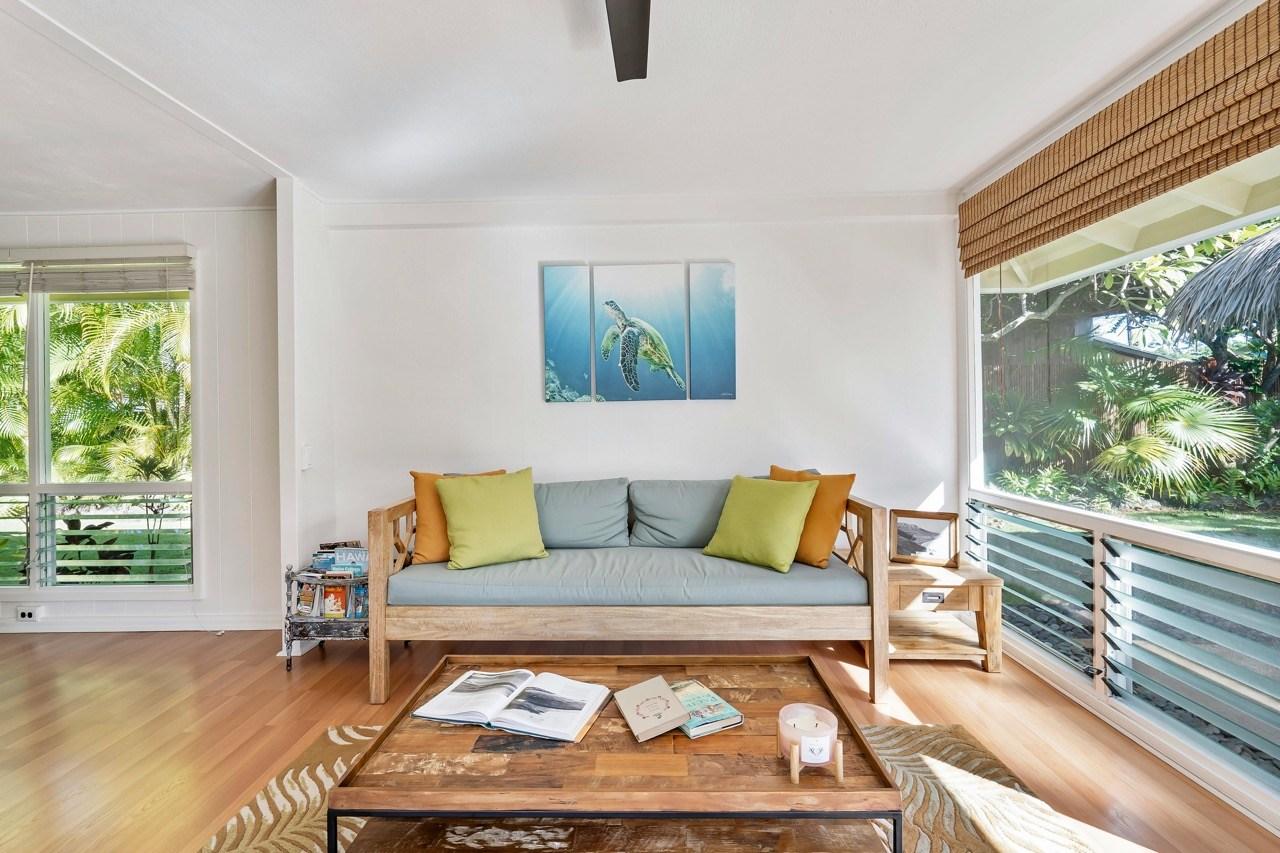
Understand Your Capital Gains on Property
Calculate potential tax implications when selling your real estate in Canada, and learn strategies to legally minimize your tax burden.
Information based on Canada Revenue Agency guidelines
Principal residence is generally exempt from capital gains tax
Only 50% of capital gains are taxable in Canada
Home improvements can increase your adjusted cost base and reduce tax
Capital Gains Formula
Capital Gain = Proceeds of Disposition − (ACB + Selling Expenses)
Proceeds of Disposition:
The selling price of your property
Adjusted Cost Base (ACB):
Original purchase price + eligible improvements and additions
Selling Expenses:
Real estate commissions, legal fees, and other costs of selling
Taxable Capital Gain:
50% of the capital gain is added to your taxable income
This calculator provides estimates only. For definitive tax advice, please consult with a qualified tax professional.
Estimate Your Property Capital Gains
Use our calculator to estimate potential capital gains tax when selling your property in Canada.
Property Details
Principal Residence: If this property was your principal residence for your entire period of ownership, you may be exempt from capital gains tax.
Your marginal tax rate depends on your total income and province.
Tax Estimate
Principal Residence Exemption
This property qualifies for the principal residence exemption. No capital gains tax applies.
Important Notes:
- • This is a simplified calculator for educational purposes.
- • Always consult with a qualified tax professional before making decisions.
- • Rules for principal residence exemption have specific criteria that must be met.
- • Tax rates and rules may change; this reflects 2025 information.
Understanding Capital Gains on Real Estate
Key information about how capital gains tax applies to property sales in Canada.
Principal Residence Exemption
The Principal Residence Exemption (PRE) allows Canadians to avoid paying capital gains tax on their primary residence. To qualify:
You must ordinarily inhabit the property
Only one property can be designated as your principal residence per year per family unit
You must report the sale and claim the exemption on your tax return (Form T2091)
Note: Since 2016, the sale of a principal residence must be reported on your tax return even if the entire gain is exempt.
Increasing Your Adjusted Cost Base
Properly tracking expenses that increase your Adjusted Cost Base (ACB) can significantly reduce your capital gains tax. Eligible expenses include:
Substantial renovations and improvements
Kitchen or bathroom remodels, additions, finished basements
Major system replacements
New roof, furnace, air conditioning, plumbing
Closing costs when you purchased
Legal fees, land transfer taxes, home inspection
Important: Keep all receipts and documentation for these improvements. Regular maintenance and repairs (painting, minor repairs) generally don't increase your ACB.
Complex Real Estate Tax Situations
Special rules apply in certain property ownership and sale scenarios.
Property Owned Before 1972
Since capital gains were not taxed in Canada before 1972, special rules apply when selling property purchased before this date.
You can choose the property's fair market value as of December 31, 1971, as your cost basis. Use Form T1105 to calculate gains on these properties.
Home Office or Rental Use
If you've used part of your home for business or rental purposes, you may have a partial capital gain.
The portion of the property used for business doesn't qualify for the principal residence exemption. The calculation is based on the percentage of space used and time period of business use.
Change in Use
If you've converted your principal residence to a rental property (or vice versa), you may have a "deemed disposition" for tax purposes.
You can elect to continue treating the property as your principal residence for up to four years while renting it out (subject to conditions). Consult with a tax professional in these situations.
Common Capital Gains Tax Questions
Get answers to the most common questions about capital gains tax on property sales in Canada.
What is a capital gain on property?
A capital gain occurs when you sell your property for more than you paid for it (plus improvements and selling costs). In Canada, only 50% of capital gains are taxable, added to your income for the year of the sale.
Do I have to pay capital gains tax on my primary residence?
Generally, your principal residence is exempt from capital gains tax in Canada. This is known as the Principal Residence Exemption (PRE). You must have designated the property as your principal residence for all the years you owned it to get a full exemption.
What if I've used part of my home for business purposes?
If you've used part of your home to earn business or rental income, you might not be able to claim the principal residence exemption on that portion of the property. The calculation becomes more complex and may require professional advice.
How are capital gains calculated on property owned before 1972?
Capital gains were not taxed in Canada before 1972. For property purchased before 1972, special rules apply to determine the adjusted cost base. You may need to use Form T1105 to calculate your capital gain or loss on these properties.
Can I reduce my capital gains tax when selling a property?
Yes, there are legitimate ways to reduce capital gains tax, such as: tracking all eligible improvements to your property to increase your adjusted cost base, timing your sale strategically, and using capital losses to offset capital gains.
Planning to Sell? Talk to a Realtor First
Connect with top-performing real estate agents who can help you maximize your sale price and minimize capital gains implications
Find Your Realtor